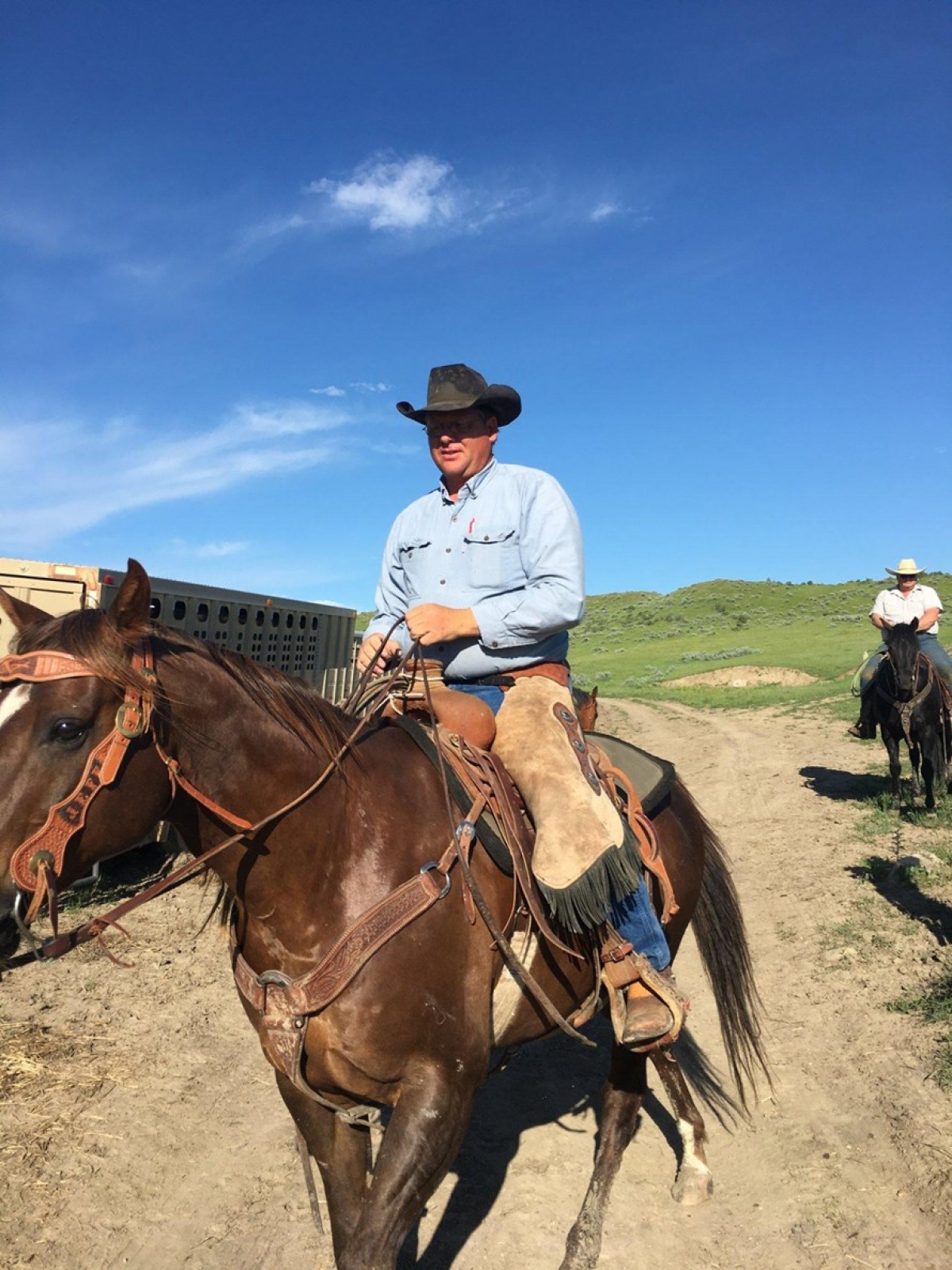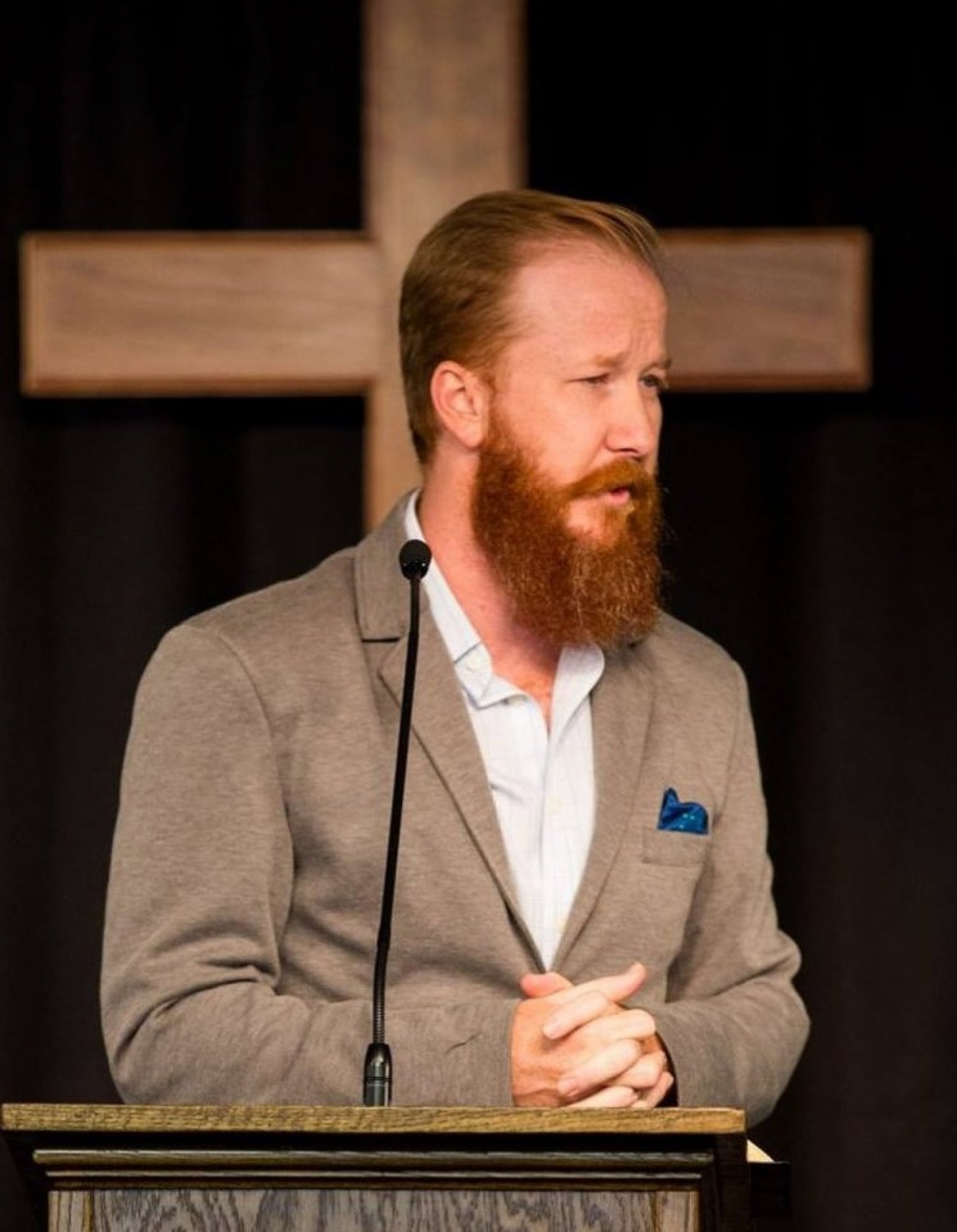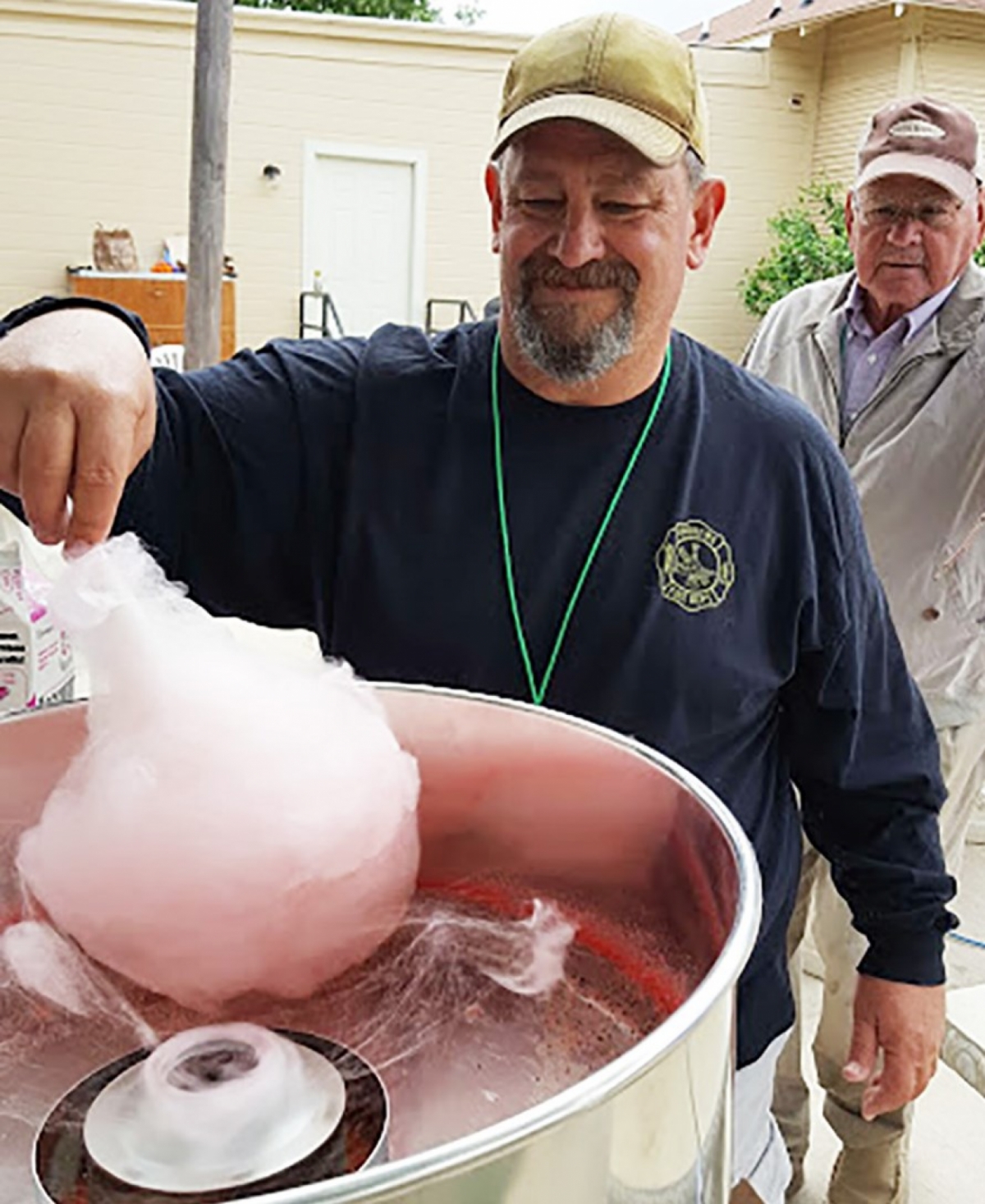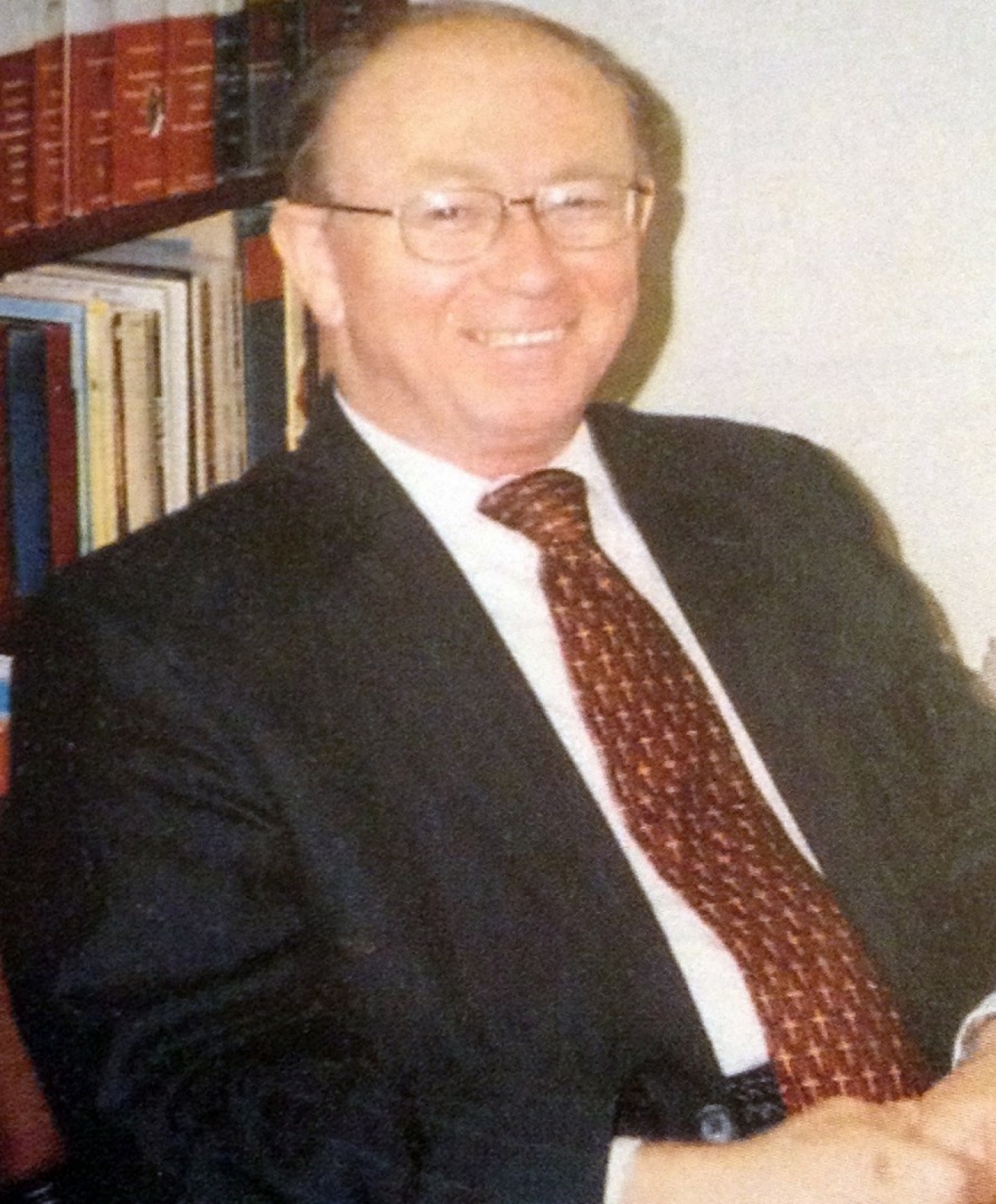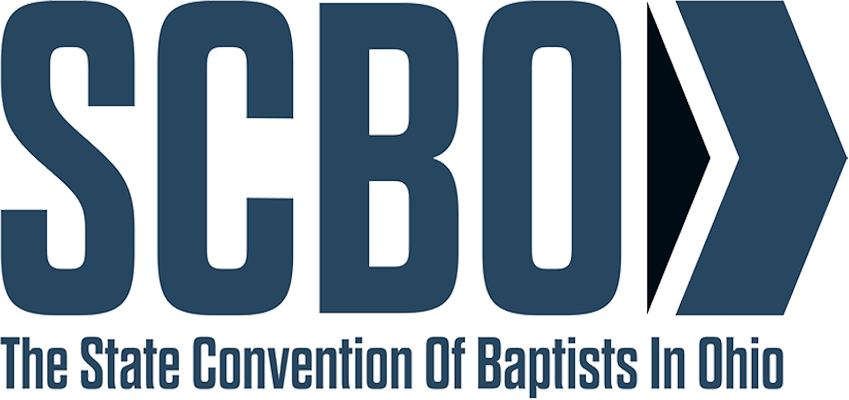Together Strategy Genius of Cooperative Program by Karen Willoughby
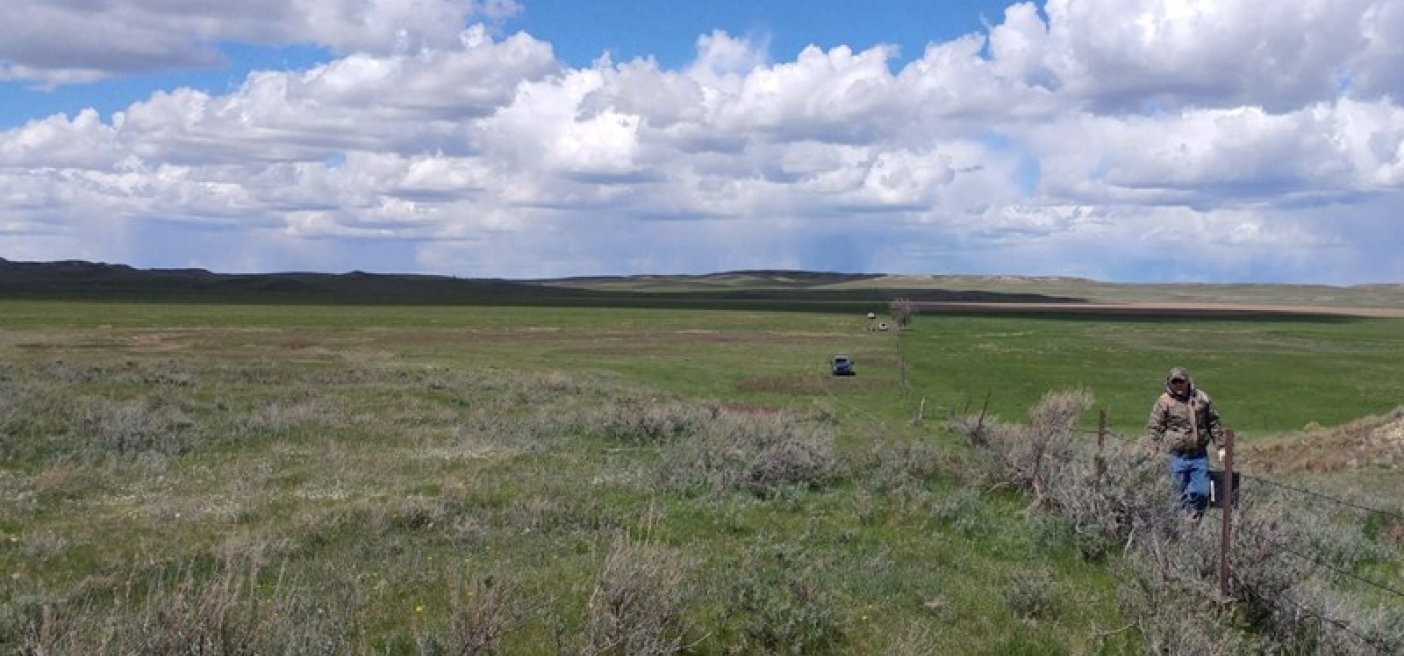
DISCLAIMER: Baptist Press should be credited for any reprinted stories that originate with BP.
Suggested credit line: Reprinted from Baptist Press (www.baptistpress.com), news service of the Southern Baptist Convention.
'Together,' 'strategy,' 'genius' among CP descriptors by Karen L. Willoughby
MILES CITY, Mont. (BP) -- A Montana pastor likens the effect of the Cooperative Program to a fence line.
"It's like multiplying our labor, like building a fence two miles long together, rather than a quarter-mile if you had to do it alone," Jeff Cahill told Baptist Press. He's a rancher and pastor of Valley Community Church in the far-reaching prairies around Miles City, Mont. "We see the Cooperative Program as a way we can reach beyond our abilities."
The Cooperative Program is the way Southern Baptist churches band together to advance God's Kingdom work in state and regional conventions, across North America and throughout the world.
"Let's be found consistent in our actions and guilty of doing good," said Nick Garland, pastor of First Baptist Church in Broken Arrow, Okla. "God has blessed the Cooperative Program and the people who give to missions through it."
Each church determines the amount or percentage of their undesignated offerings to be allocated for cooperative work outside their local reach. That amount is forwarded to the state or regional convention, which determines by vote at its annual meeting the percentage to be sent to Southern Baptists' national and international causes.
"The genius of the Cooperative Program is that percentage-wise a small church is just as invested in missions as the church that gives millions," Garland said. "Both honor the Lord with their gift. The key to the success of the Cooperative Program is that it is not impulse giving, emotional giving, but that it is giving consistently."
The Southern Baptist Convention allocates percentage amounts of what it receives to the International Mission Board (50.41 percent); North American Mission Board (22.79 percent); the six Southern Baptist seminaries (22.16 percent); Ethics & Religious Liberty Commission (1.65 percent); and the SBC operating budget (2.99) percent. These percentages were approved by messengers to the SBC annual meeting in Dallas last June.
"We're better together," said Billy Russell, pastor of First Baptist Church in Bolivar, Mo. "We want to connect and serve people and reach people much further than just Bolivar. The Cooperative Program does that better than any other organization I know."
Pastors across the SBC say their churches believe in and support the Cooperative Program with at least 10 percent of undesignated offerings. These same churches also cooperate hands-on in local, regional, national and international missions.
Some examples:
-- "We believe in missions, and the Cooperative Program is part of our missions strategy," said Steve Carne, pastor of Hamilton (Va.) Baptist Church. "We feel God would have us send missionaries throughout the world, as the International Mission Board does, to send church planters to underserved populations as the North American Mission Board does, and to train future pastors as our seminaries do. We give to the Cooperative Program because we yearn to be part of this Kingdom-building work."
Hamilton Baptist gives 35 percent of undesignated income to missions, including 12 percent through the Cooperative Program. The church also has a longstanding partnership among Native Americans in the Dakotas and recently began partnering in Ghana, West Africa.
-- Union Baptist Church in Harrison, Ark., where Bill Melton has been pastor for two years, for many years has given 25 percent of undesignated offerings to missions through the Cooperative Program.
Union Baptist, averaging 90 people in Sunday morning worship, gives another 6 percent to the North Arkansas Baptist Association, 2 percent to church-generated missions causes, and its people pay their own way on mission trips.
"As the new pastor coming in who has never seen this kind of percentage giving I had to ask, 'Does that kind of giving hurt this other ministry or that special project,'" Melton told Baptist Press. "It doesn't hurt anything! It helps everything.
"I would love churches to have the courage to say, 'We're going to increase our giving dramatically and put our finances out of our hands and see what God can do,'" Melton said. "Too often we do what only we can do, what we feel comfortable doing. We limit God and what He can do when we do that."
Union Baptist is known statewide for its willingness (with the association's activities trailer) to help churches put on block parties. Members go on short-term mission trips at least twice a year to Fort Worth, Texas, where they "feed the homeless, love on people and share Jesus," Melton said, through the Beautiful Feet street ministry.
The church gives to missions first through the Cooperative Program because of CP's inherent strength, Melton said. "For a missionary to be able to be on the field and to not have to worry about where his support is coming from -- 'Is it going to show up this month and am I going to be able to stay?' -- the Cooperative Program is an aid for our missionaries."
-- Cutting downed timber into sections and splitting logs for firewood shows how the Cooperative Program works, said Eugene Overstreet, pastor of Sierra Baptist Church in Pioneer, Calif.
"The men work together, each doing something that leads to a shared goal: bringing God's love to those who need to hear of it, and in this case, to feel it," Overstreet said of the warmth for those who need firewood as well as the warmth of God's love. "That's what the Cooperative Program does. It supports the whole program of what Southern Baptists are doing throughout the world, and we do it together."
Sierra Baptist starts by giving 14.5 percent of undesignated offerings to missions through the Cooperative Program, plus 5 percent to the Mother Lode Baptist Association. It's heavily invested in community ministries as well.
"We try to share Jesus with the people around us," Overstreet said. "We need to be involved in our community, to be a witness for the Lord and hopefully reach people for Christ.
"One of the reasons we continue to do well, I believe, is because when we give, God blesses and He brings more people here because we're willing to give and to share," the pastor noted. "That's very important, I think."
-- Back to eastern Montana, where there is more space than people.
"Neighboring," no matter the distance, is a necessity of life, said Cahill of Valley Baptist in Miles City. "Working together makes everything easier. That's the beauty of the Cooperative Program. When we all do our part, everything comes together like it's supposed to."
